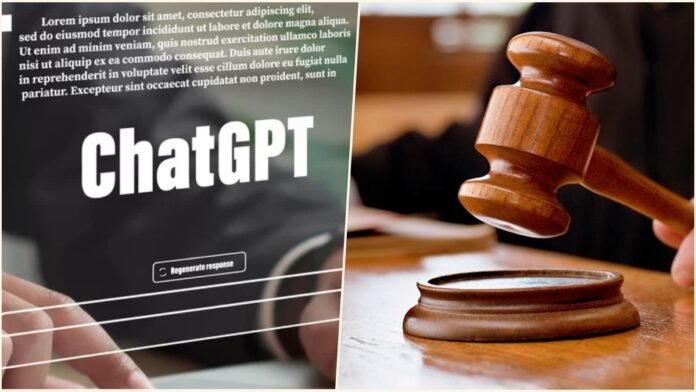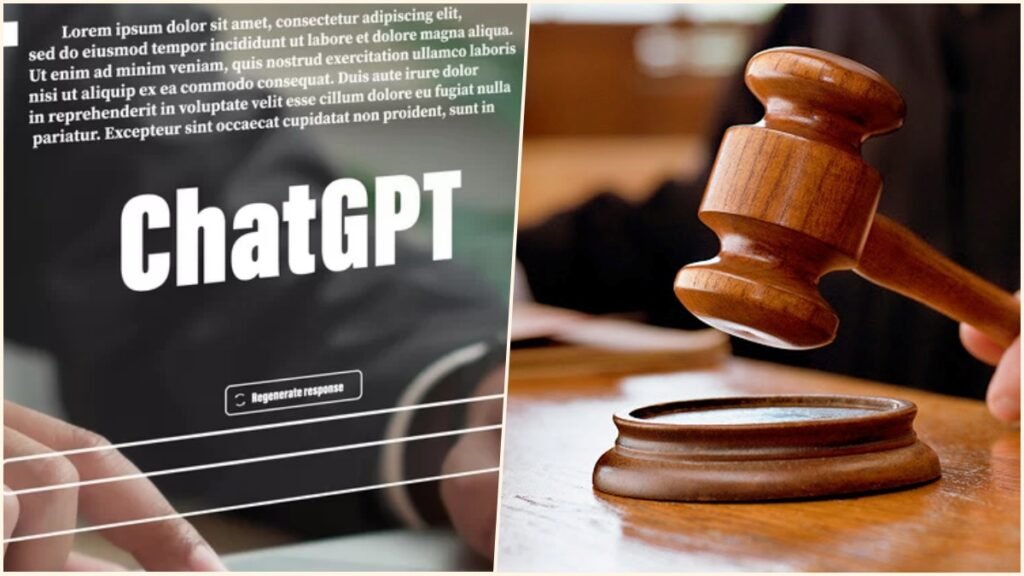
Washington: A judge in Colombia has caused a stir by announcing that he used artificial intelligence-based chatbot ChatGPT to prepare a decision in a court case related to children’s medical rights. Judge Juan Manuel Padilla said he used a text-generating bot in a case involving medical expenses and transportation fees being waived for an autistic child whose parents had limited income, US channel CBS News reported. . The judge told Blue Radio that ChatGPT and similar programs can be useful to ‘help draft’, but not as a substitute for judges.
Judge Juan Manuel Padilla ruled in favor of the child and wrote in his January 30 decision that he had taken the help of ChatGPT in connection with the case. But he did not clarify to what extent he was dependent on this AI Chatbot. Padilla also stressed that ‘it is not that if we take the help of this application to find answers to questions, then our ability to be a judge gets questioned. Rather, by doing this, we can give more dimensions to our thinking on an issue. For your information, let us tell you that when ChatGPT is asked to answer a question, it uses artificial intelligence and data available on the Internet to answer. uses.

Judge Juan Manuel Padilla said that one of the questions he asked the chatbot during the hearing of the case was ‘Has an autistic minor child ever been exempted from paying fees for his treatments before?’. The chatbot replied to his question, ‘Yes, it is correct. According to regulations in Colombia, minors with autism have previously been exempted from paying fees for their treatment. The judge argued that ChatGPT could act as a secretary. It answers questions in a very ‘organized and simple manner’. Padilla believes that this chatbot can fix the ‘response system’ in the justice system.
Professor Juan David Gutierrez of Rosario University disagreed with Judge Juan Manuel Padilla’s views. Gutierrez, an expert on artificial intelligence regulation and governance, said he asked ChatGPT the same questions the judge asked…and got different responses. “Using ChatGPT in judicial matters is certainly not a responsible or ethical course of action, as the judge has ruled,” he wrote on Twitter. He called for immediate “digital literacy” training for judges. Created by California-based company OpenAI, ChatGPT has created a worldwide buzz since its launch in November last year with its ability to write essays, articles, poems, and computer code in seconds.



















































